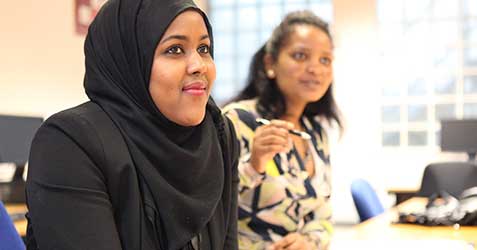Volunteers in Migrant Language Education.

Volunteers in second language learning come with different skills and experience, and they fulfil various roles. Many volunteers support teachers as classroom assistants, providing individual and group learning support within the classroom. Volunteers can also provide support as language buddies, act as mentors or run conversation clubs. As experts of local society, customs and language varieties, volunteers can make important contributions to learners’ language learning and integration into local society.
What is the VIME Toolkit:
It is very important to clearly identify the roles that volunteers can fulfill within migrant language education and to ensure that their work is effectively coordinated. Volunteers also require training and continuous support and development. ELATT together with three European partners, funded by Erasmus +, has produced a toolkit to support the involvement of volunteers in migrant language education. The Toolkit consists of VIME Framework and Model of working together, Guides, Materials and Training Modules for organisations to use to train volunteers, guidance and information for teaching professionals working with volunteers, and guidance and information for policy-makers looking for good practice in involving volunteers in migrant language education.

How can we assure the quality and efficacy of host language learning for adult migrants in the context of growing demand and restricted budgets?
The integration of migrants is one of the greatest current challenges for Europe. In order to support their full integration and avoid social exclusion, migrants should be supported in participating in the labour market and civic society. Learning the language of the host country is an urgent precondition for such participation, and in this, adult education has a key role to play.
To meet the demand for migrant language education there is a need for greater numbers of trained educators. However, the scale of need, and restrictions on national education budgets, means that it may be necessary to rethink our approach to the language education of adult migrants and look beyond the formal classroom.
Through the active involvement of members of the local community we can create a virtuous circle: migrants become more integrated into their new community through their use of the language of that community, and at the same time their interaction with the host community is beneficial to their development of proficiency in the host language.
So, how can volunteers help meet this growing demand, and how can we assure the quality and efficiency of their work?


© ELATT 2024 | East London Advanced Technology Training (ELATT) is a registered charity in England and Wales 299186, registered company 01812908